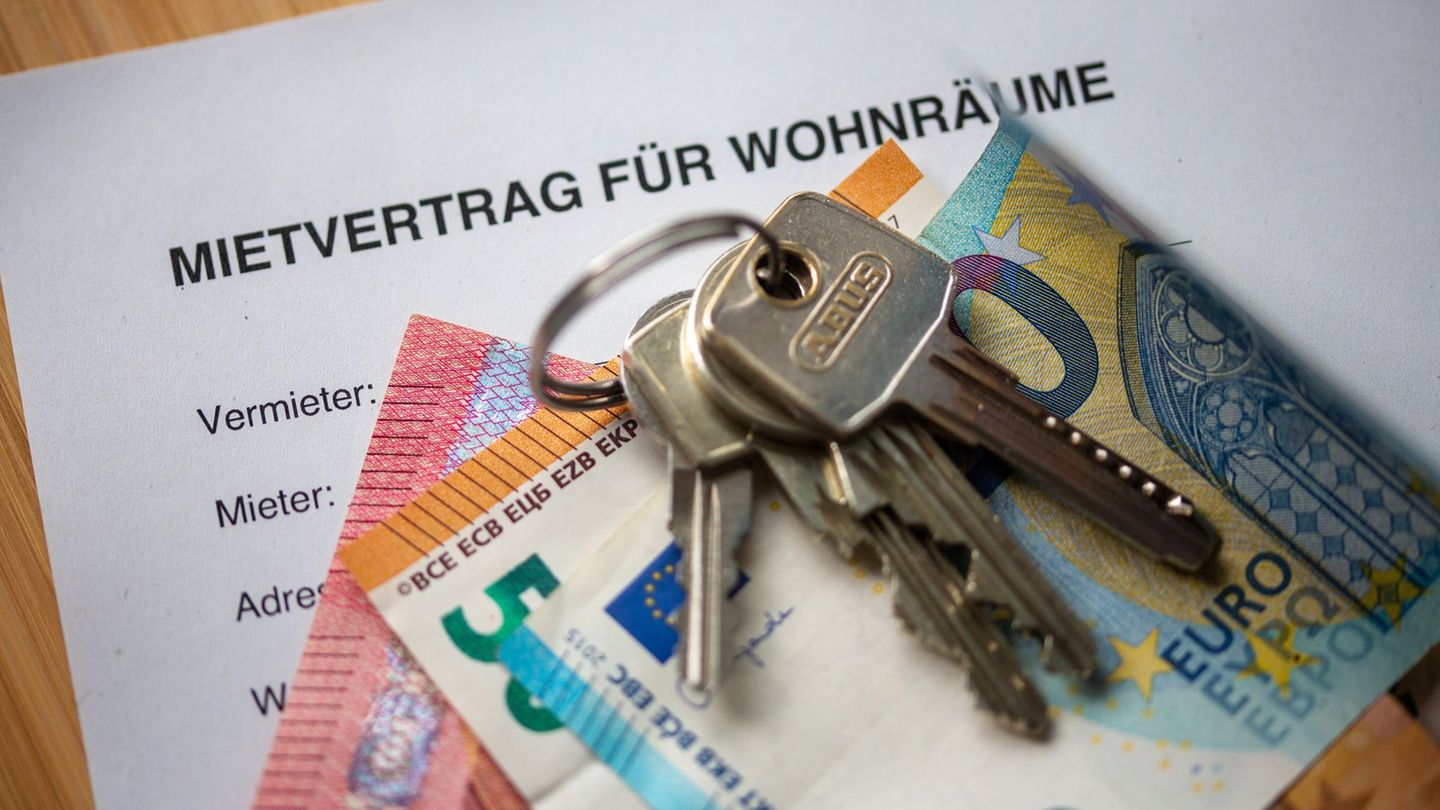Salary
Do you get 100 percent Christmas bonus? These industries pay it
Copy the current link
The Christmas bonus comes every year – but not for everyone. Why not all industries pay the “13th salary”, who gets the most and what the tax is like.
Anyone who checks their salary this month may be happy: for around every second employee, it is sometimes more than twice as high as usual. The reason: the Christmas bonus has been paid out. However, there are many errors and question marks when it comes to the so-called 13th salary. Perhaps the biggest misunderstanding: The Christmas bonus is not always as high as the actual monthly salary.
Two factors that largely determine the amount of the Christmas bonus: whether you are paid according to the tariff and what industry you work in. A survey by the Hans Böckler Foundation now provides insight into the salaries of thousands of employees.
Tariff and industry determine the amount of the Christmas bonus
More than 62,000 people took part in the online survey, which ran between the beginning of November 2023 and the end of October 2024. The most important result: Only around half of all employees in Germany (52 percent) receive Christmas bonuses in these weeks.
Those who are paid according to the collective agreement are lucky: according to the survey by the Hans Böckler Foundation, the proportion of these employees is 77 percent. The amount varies between 250 and more than 4,000 euros, the foundation’s Economic and Social Sciences Institute (WSI) announced on Tuesday.
In addition, the amount of the Christmas bonus differs depending on the industry. While in some areas 110 percent of the salary is paid, some employees have to be content with 50 percent more.
How Christmas bonuses differ by industry
Employees in certain industries receive an additional 13th month salary equal to 100 percent of their regular monthly salary. This includes:
- chemical industry
- Energy industry
- confectionery industry
- Deutsche Bahn AG
- private banking industry
- West German textile industry
- private transport and transport industry
In the iron and steel industry, a bonus of 110 percent of the monthly salary is even paid, as Christmas and holiday bonuses have been combined into a special payment for the year.
In the printing industry and in the paper and cardboard processing industry, the Christmas bonus corresponds to 95 percent of a monthly salary and is therefore slightly less than a full 13th month salary. In the insurance sector, employees receive 80 percent of their monthly salary as a Christmas bonus.
In West German retail it is usually 62.5 percent. In the West German metal industry, the Christmas bonus varies between 25 and 55 percent of the monthly salary.
For those who receive particularly little: In the Bavarian hotel and restaurant industry, employees only receive 50 percent more. In the public sector at municipal level, a special annual payment replaces the previous Christmas and holiday bonus and, depending on the pay group, amounts to between 52 and 85 percent of a monthly salary.
How high is the average Christmas bonus?
Unlike the Hans Böckler Foundation, the Federal Statistical Office announced at the beginning of November that almost 86 percent of all employees with a collective agreement receive a Christmas bonus – but, according to the WSI, it also takes into account all annual special payments paid out in November or December. According to statistics, the average Christmas bonus in Germany last year was 2,987 euros gross based on a full-time position.
The amount of the additional payment increased by 6.3 percent compared to the previous year. In most cases, the Christmas bonus is calculated as a fixed percentage of the monthly salary, explained the WSI. In industries with higher wages, the Christmas bonus has also increased accordingly this year. Only in a few sectors is a flat rate agreed.
According to the WSI survey, Christmas bonuses are paid more often in West than in East Germany (53 percent of employees versus 41 percent). It is more common among full-time employees than among part-time employees; Men receive the special payment more often than women.
How Christmas bonuses are taxed
Despite all the anticipation of the additional money, one should not forget: regardless of whether it is a Christmas bonus, bonus payments or profit sharing – all additional financial payments from the employer are taxable.
The annoying thing is that since the monthly salary is transferred together with the special payment, your own tax rate also increases. This means that you have to expect higher deductions this month, for example for wage tax and church tax. This ultimately leaves less net than gross.
Anyone who has paid too much tax in one month can get the money back from the tax office next year via their tax return.
The United Wage Tax Assistance (VLH) explains the effects on the net total in an example as follows:
- An employee with income tax class 1, without children, receives a gross monthly salary of 3,500 euros.
- He has statutory health and pension insurance, pays an additional health insurance contribution of 1.5 percent and no church tax.
- At the end of November 2024, he will receive an additional 2,000 euros in Christmas bonuses.
This employee’s annual gross salary, excluding Christmas bonuses, is 42,000 euros. According to calculations by the Federal Ministry of Finance, wage tax of 5,281 euros is due. With the Christmas bonus, the annual gross salary increases to 44,000 euros, which increases the wage tax to 5,768 euros. The difference of 487 euros will be credited towards the Christmas bonus.
Still differences between East and West
According to the Hans Böckler Foundation, there are still major differences between East and West German tariff areas in some sectors. In certain areas such as banking and insurance, the iron and steel industry, at Deutsche Bahn AG, in the paper and cardboard processing industry (for workers), in the motor vehicle industry, in the public service (municipalities) and in agriculture A similar Christmas bonus is paid. However, in other industries the differences can be several hundred euros, and in the construction industry they can even be over a thousand euros.
Among the large sectors of the economy, collective bargaining sectors without Christmas bonuses or comparable special payments are rather the exception. For example, there is no Christmas bonus in the building cleaning trade. This also applies to the East German security industry, while in some West German regions the Christmas bonus is only paid after a certain number of years of employment.
with AFP
Source: Stern





